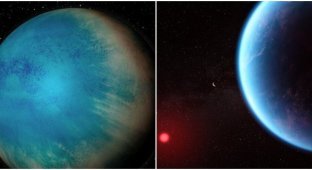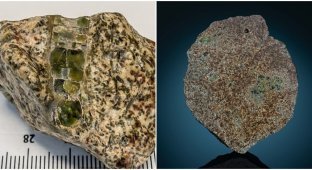The gravity of Mars shakes the Earth's oceans every 2.4 million years (3 photos)
Researchers from the University of Sydney and Sorbonne University have discovered a connection between Mars and deep ocean currents on Earth. 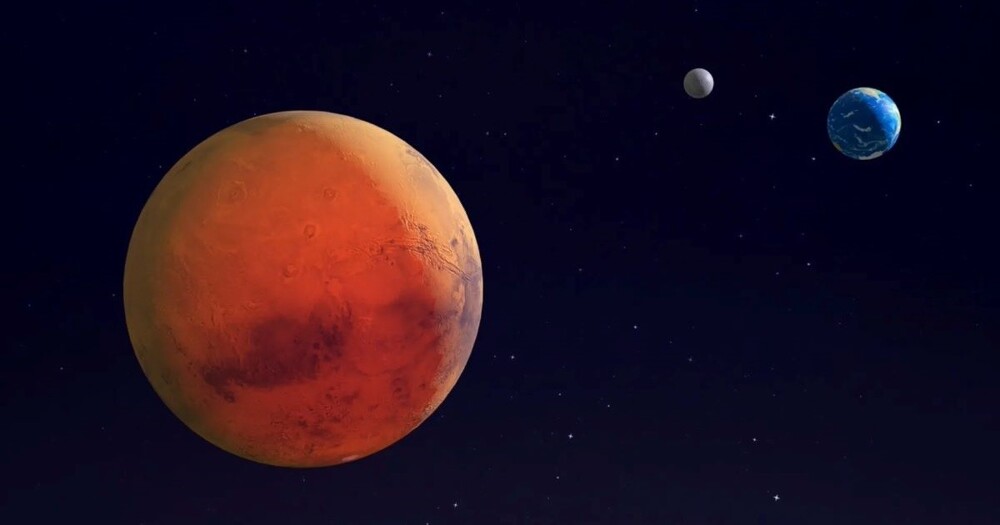
"We were surprised to find cycles of 2.4 million years in our deep-sea data. There is only one explanation: they are associated with cycles of interaction between Mars and Earth," says Adriana Dutkiewicz from the University of Sydney.
The experts used data from scientific drilling operations around the world over the past 50 years. The purpose of the study was to study the strength of deep-sea currents and how these cycles could affect future climate conditions. 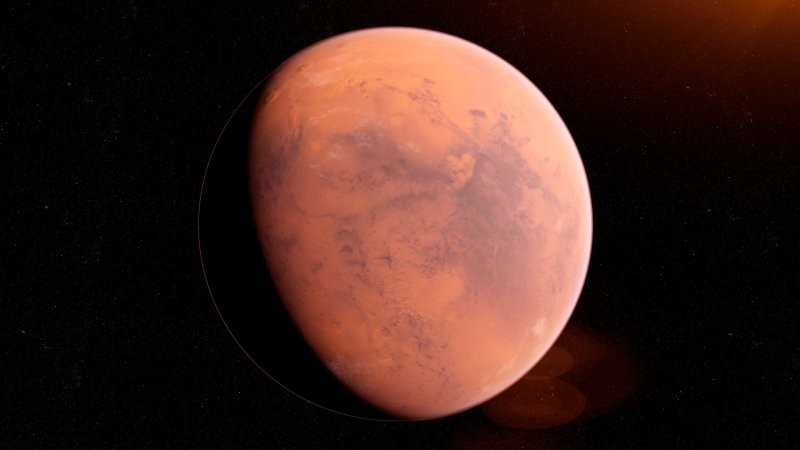
"The gravitational fields of the planets in the solar system interact with each other, and this interaction, called resonance, changes the eccentricity of the planets, how close to circular their orbit is," says Dietmar Müller, co-author of the paper.
Interestingly, scientists have discovered fluctuations in deep sea currents over 2.4 million years, known as astronomical great cycles. Researchers have linked this cycle to the interaction of Earth and Mars with the Sun.
For Earth, interaction with Mars leads to periods of increased solar energy and a warmer climate, circulation increases in the depths of the ocean, and ocean vortices arise. These huge eddies reach the abyssal zone, leading to bed erosion and the formation of large accumulations of sediment known as contourites. 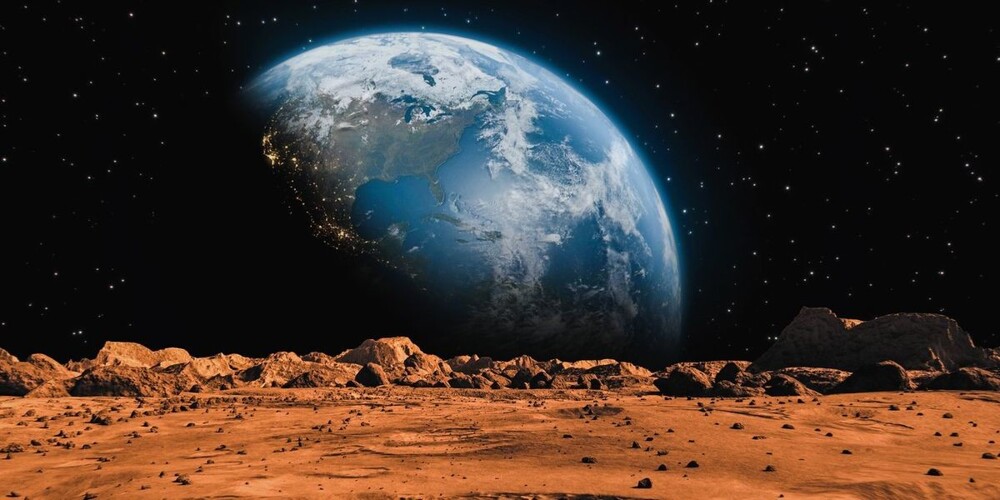
“Analysis of 65 million years of data suggests that warmer oceans experience more intense deep circulation, ensuring that the ocean does not stagnate even if the Atlantic Meridional Overturning Circulation (AMOC) slows down or stops altogether,” says Dutkiewicz.
The AMOC is a key ocean current system that transports warm waters from the tropics to the northern hemisphere. In addition, it plays an important role in the formation of the Gulf Stream.
The long-term impact of these cycles on the deep ocean and marine life is not fully known.












